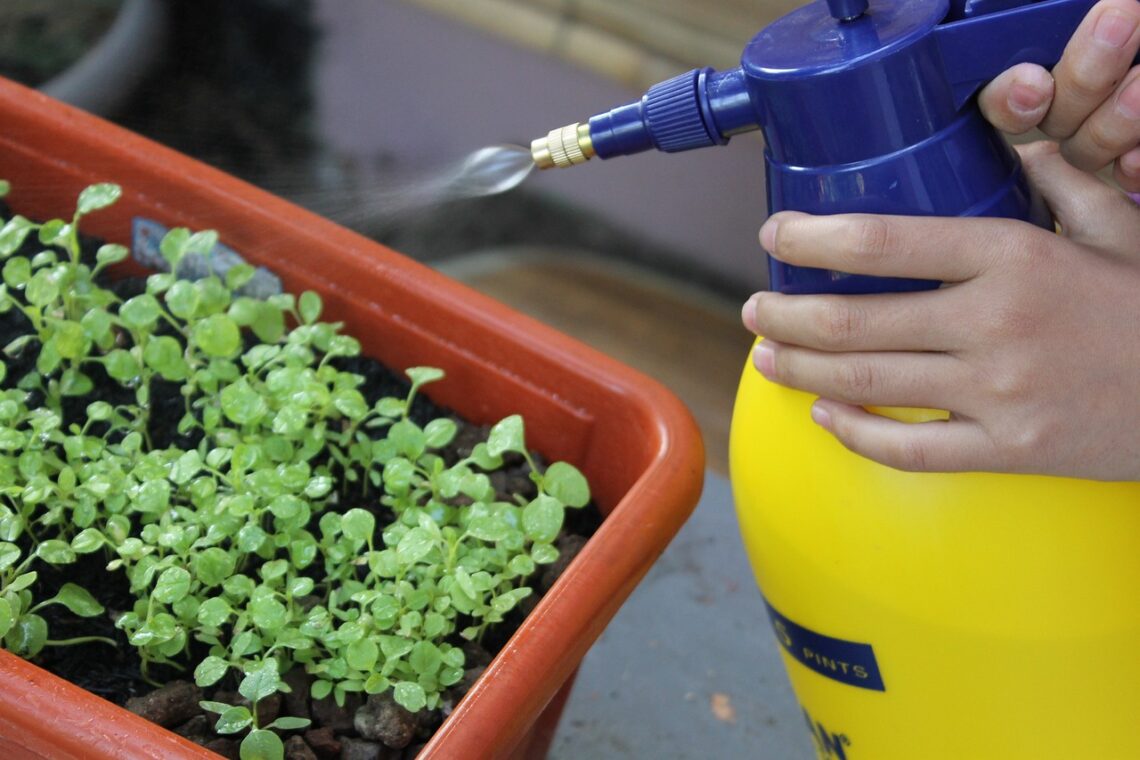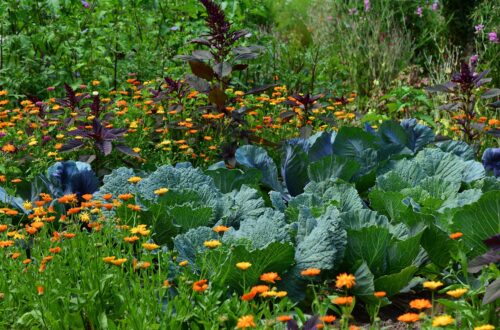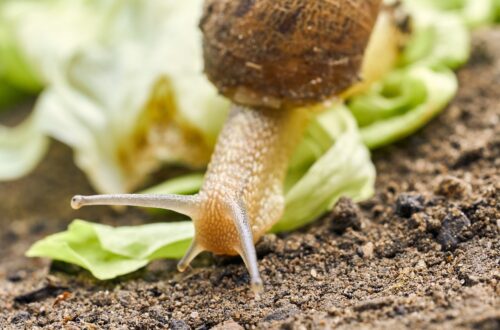Make your own worm tea from worm castings to use as an organic liquid fertilizer and foliar spray!
If you keep an indoor worm bin, you can harvest your own worm casting compost and use it to enrich lawns, gardens, houseplants and seedlings. But if you want to get even more out of vermicompost, you can also brew worm castings in water to create your own liquid worm tea for outdoor and indoor plants. In this guide, you’ll learn how to make worm tea and how to apply that tea as a soil drench or foliar spray for healthier plants and more impressive garden growth!
Affiliate disclosure: As an Amazon Associate, I may earn commissions from qualifying purchases.
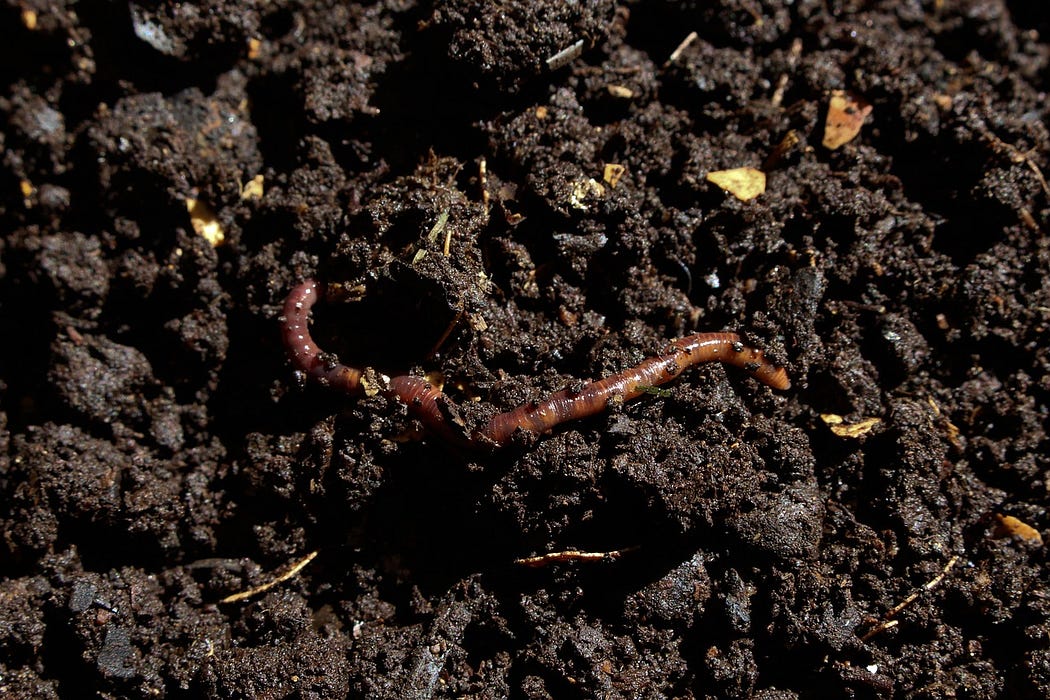
What is Worm Casting Tea?
Worm casting tea is an organic liquid fertilizer that’s made by brewing worm castings or vermicompost in water. Storebought worm castings can be used to make worm tea, but worm tea is even better (and cheaper to make) if you use vermicompost harvested from your own indoor worm bin.
Packed with nutrients and beneficial bacteria, fungi and other microbes, worm compost tea can be applied as either a soil drench or foliar spray. Some studies have found that worm tea can boost plant growth, enhance fruiting and flowering and increase seed germination rates… AND it may also shield plants from common plant diseases, like powdery mildew!
While worm compost tea isn’t a complete fertilizer on its own, it can reduce the need for chemical fertilizers and it works beautifully when applied with compost and organic fertilizers, such as kelp meal.
And best of all? Worm compost tea is super easy to make!

How to Make Worm Compost Tea
Worm compost tea can be made with or without molasses and an air pump and you’ll find the instructions for both techniques below. Some gardeners believe that “real” worm tea requires aeration and they refer to non-aerated worm compost tea as a “compost extract.” Currently, there haven’t been many studies to determine which method produces a more robust tea, so it’s up to you whether or not you choose to aerate your worm tea!
What you’ll need:
· 5-gallon plastic bucket
· 5 cups of worm castings
· Porous cloth bag (or some old cheesecloth or tattered pantyhose)
· Chlorine-free water (you can either use rainwater, well water or tap water that’s been left to sit out for 24 hours)
· 3 tablespoons of molasses (optional)
· Air pump (optional)
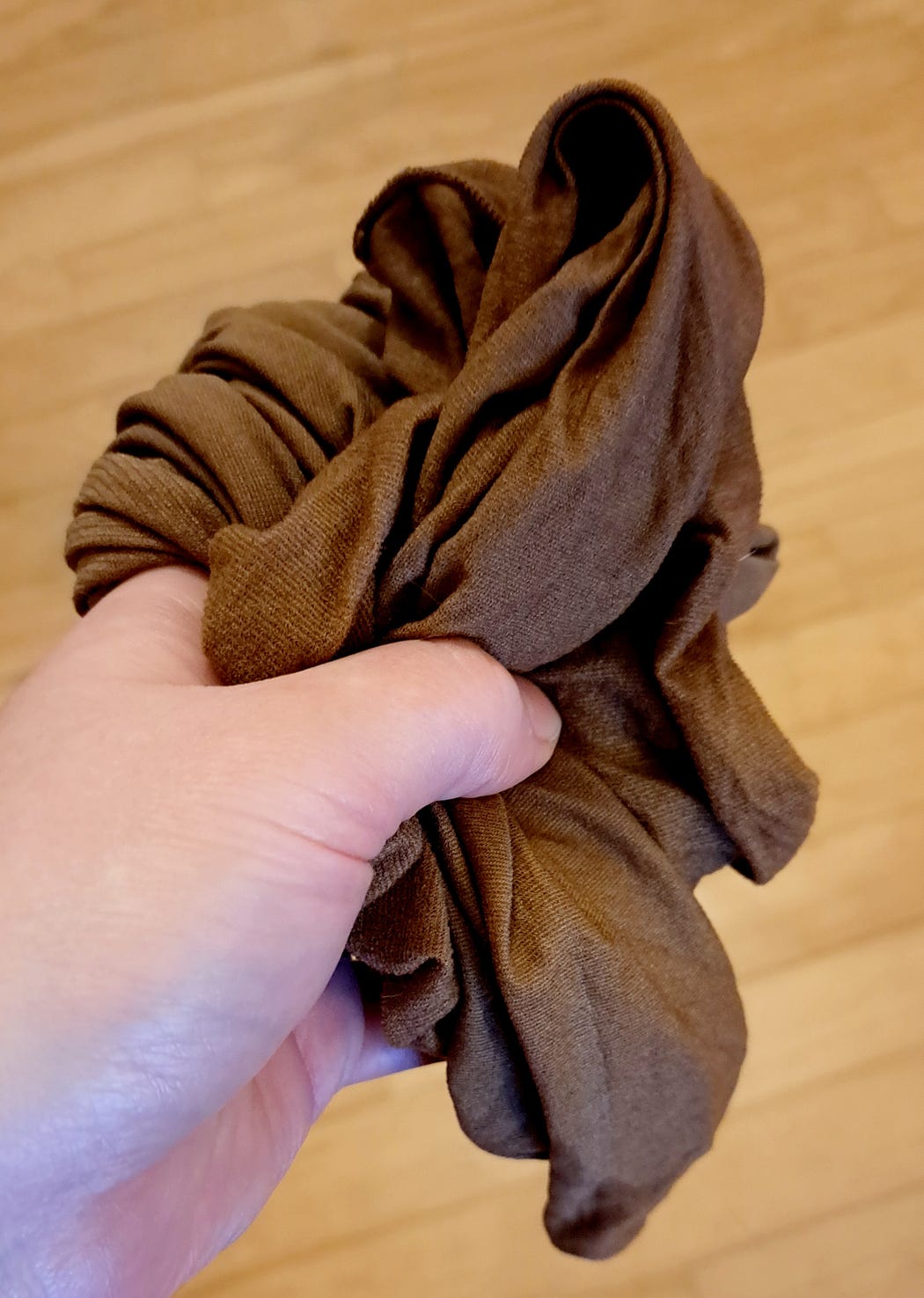
Making compost tea from worm castings
Step 1: Add your ingredients.
Fill the bucket 80% of the way up with de-chlorinated water. Then, bag up the worm castings in a cloth bag or pair of old pantyhose and tie the fabric shut tight. Drop the bag of worm castings into the bucket and then give the water a stir.
If you’re using molasses, stir it into the bucket now. Some gardeners assert that molasses helps feed the beneficial microbes in vermicompost tea and makes the tea stronger!
Step 2: Turn on the air pump (if you’re using one).
Using an air pump is optional, but air pumps will agitate the water in your worm tea bucket and help release more nutrients from the worm castings. If you’re using an air pump, fully submerge the air pump stone in the water and then turn the air pump on.
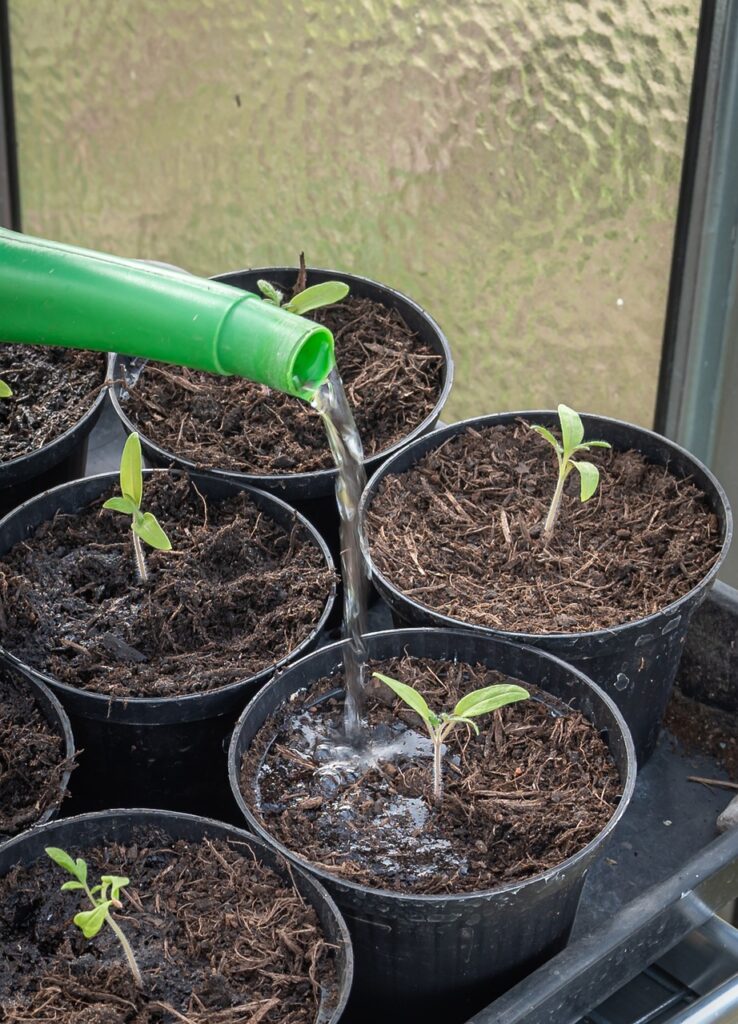
Step 3: Let the worm tea brew.
Allow non-aerated worm tea to steep for 24 hours. Aerated tea, on the other hand, should be brewed for 1 to 3 days.
Step 4: Harvest your tea!
After worm castings have marinated in the water for a bit, you’ll notice that the water has deepened in color. This is a good thing!
To harvest, simply pluck out your bag of worm castings and empty the castings into your compost pile. Then, pour the brewed worm tea into a garden sprayer or watering can and use it ASAP. The beneficial microbes in vermi-tea will start to die off quickly once the brewing process finishes, so it’s best to use the tea right away for maximum potency!
Tip: Finished worm tea should smell sweet and a little earthy and it’s totally fine if it has a bit of froth on top! However, if the tea has an off odor, it’s best to chuck it out and start over with fresh castings.
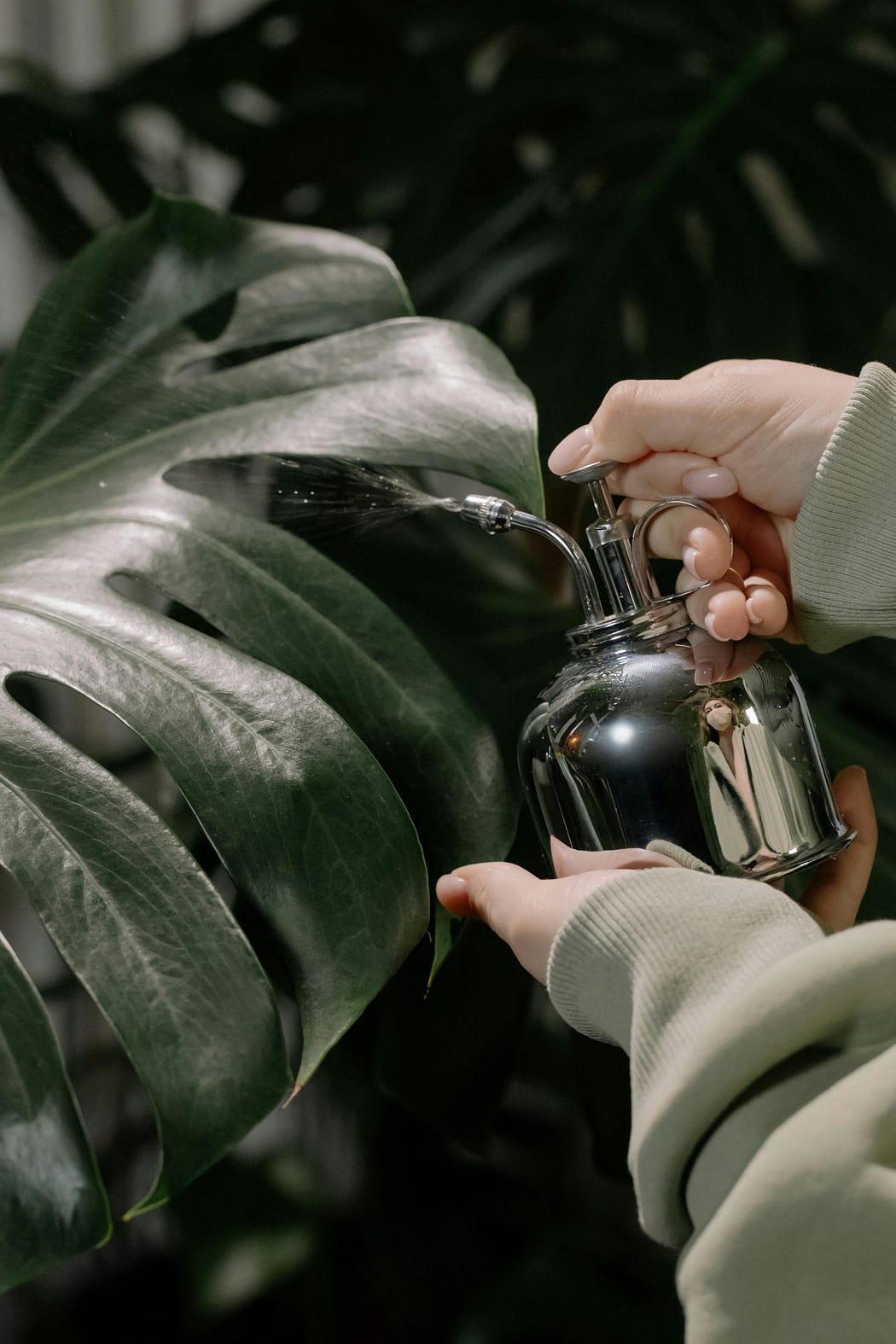
How to use Worm Tea Fertilizer
Worm tea can be applied as a soil drench or foliar spray to indoor and outdoor plants, as well as lawn grass and indoor seedlings. But before you use worm tea, you’ll need to dilute it with a bit water.
To prepare worm tea for plants, make sure there aren’t any solid worm castings in your finished worm tea as these solids can clog up watering cans and garden sprayers. If you tied your castings up tightly in a cloth bag or pair of pantyhose while brewing them, you shouldn’t have any problems. But if your cloth baggy broke during the brewing process, go ahead and strain your worm casting tea through a fine mesh strainer to remove any leftover worm casts.
Next, pour 1 part worm tea and 1 part water into a watering can or garden sprayer and give it a good mix.
To use worm tea as a soil drench, simply use the diluted worm tea the next time you need to water your plants or lawn. Since worm tea is so gentle, it can also be used to water indoor seedlings and give young plant starts extra nutrients to grow!
To use worm tea as foliar spray, use a garden sprayer to apply worm tea all over plant leaves and stems and the soil line, making sure to coat every surface of your plant. It’s best to use foliar sprays in the early morning or on an overcast day as bright sun and wet plant leaves don’t mix!
How often you should use worm tea will depend on the plants you’re growing and the other soil amendments you’re using. Some gardeners apply worm tea every week, while others prefer to use it once a month. Observe your plants carefully and adjust application rates accordingly… and, of course, don’t apply worm tea too frequently to plants that don’t need much water (such as succulents and cacti!)
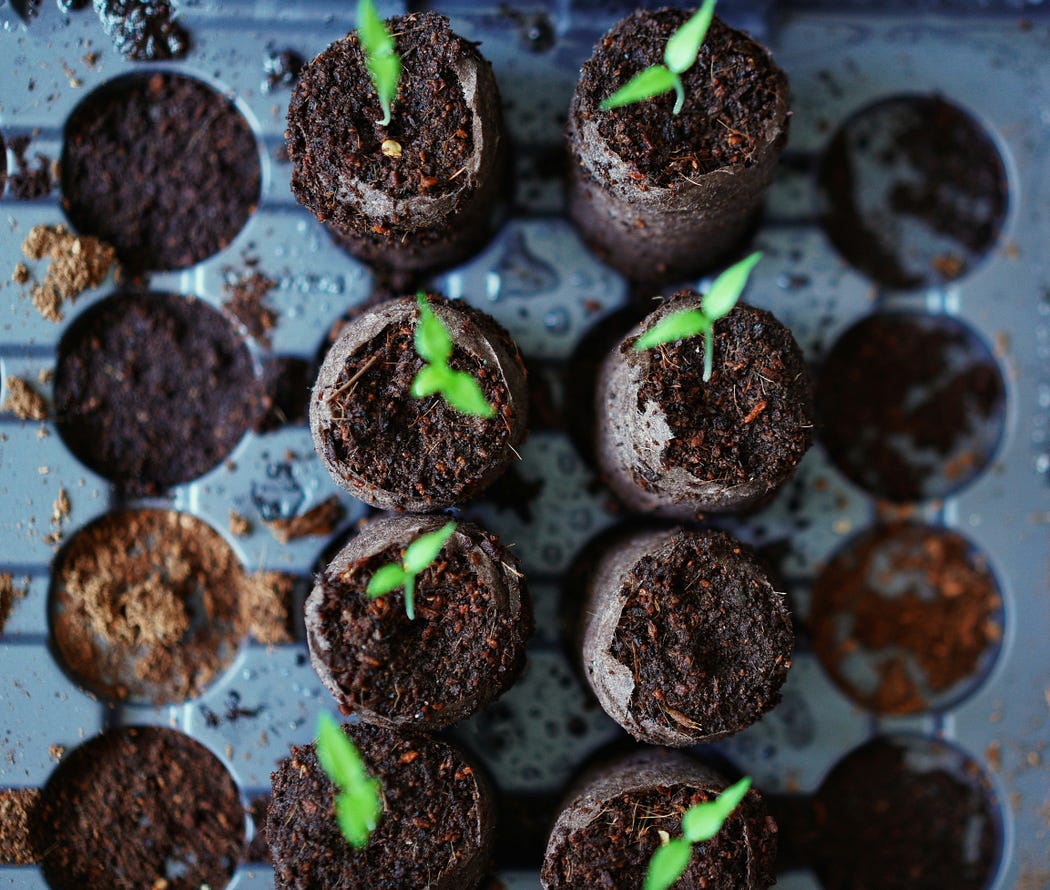
Frequently Asked Questions About Vermicompost Tea
Is worm tea better than worm castings?
Worm tea and worm castings both offer plenty of benefits for plants and neither one is necessarily better than the other. Worm castings act as a slow release fertilizer and they can be used to improve soil structure. On the other hand, plants can absorb worm tea more quickly and only worm tea can be used as a foliar spray.
Can humans drink worm tea?
No! While plants love worm tea, worm castings tea is not intended for human consumption.
Does worm tea smell?
Properly brewed worm tea should have a mild, earthy scent that’s a bit sweet. Worm tea that smells bad has gone “off” and it should be thrown out.
